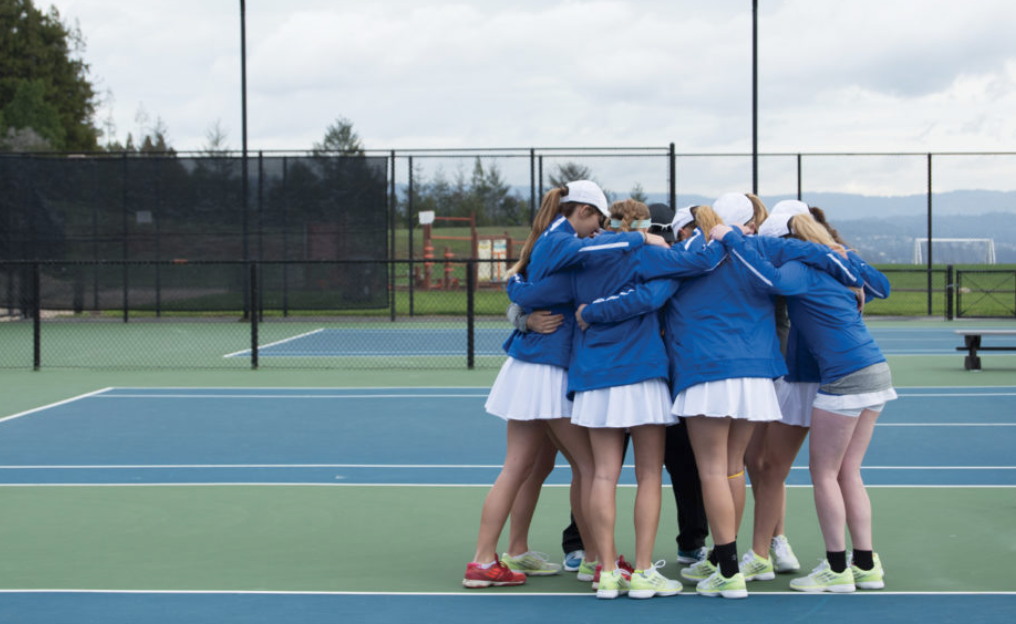In 1972, Congress passed Title IX of the Education Amendments Act, stating that no person would be excluded from participation, be denied the benefits of, or be subjected to discrimination on the basis of sex in any educational program or activity that receives Federal financial aid. The passing of Title IX was particularly significant to athletics, requiring that women receive equitable participation opportunities, scholarships, and equal benefit opportunities. However, female sports are often still viewed as secondary to male sports, even 46 years later.
Progress has been made under Title IX, but if you ask Tom Newkirk of Newkirk Zwagerman Law Firm, that progress has slowed and has even begun to move backwards. Newkirk has devoted countless hours to finding a solution for this growing problem, working with coaches across all sports, advocacy groups, and universities.
Newkirk works specifically with female coaches at the collegiate level, particularly in the area of student-athlete complaints. Newkirk Zwagerman is currently aware of over 70 female coaches across the United States who have been negatively impacted by these complaints. In fact, 50 of these 70 female coaches have been forced to resign or have been fired. While in some cases, student-athlete complaints are warranted, many times the complaint has no basis, and female coaches are taking the brunt of the retaliation.
Newkirk believes that the student-athlete complaint problem derives from a combination of how men and women are socialized to complain and gender bias. “We have socialization rules that expect young women to bring complaints forward. Even though men experience many of the same issues, young women are more likely to bring their complaints forward,” said Newkirk. “Even though this socialization process can affect men too, it doesn’t in a real way. Even though a male may have more of a chance of receiving complaints theoretically, he’s not affected by it because people are more likely to blame the female for their problems, and less likely to blame the male.”
In addition to this difference in socialization, female coaches are also more prone to implicit gender bias due to an exaggerated reaction to a woman in a so-called “man’s job.” According to Newkirk, “Bias is so powerful, and when you have a gender bias situation, you need more than a lawyer argument or one great case. You need 100 women all standing together from all sports and divisions saying, ‘Yes, this has happened to me.’ That’s why I travel all over the country giving presentations on this bias because it’s a matter of getting the word out.”
So, how do we fix bias against female coaches? According to Newkirk, the first step is bringing awareness to the issue. “Dealing with implicit bias is like dealing with alcoholism. First, you have to admit that you have a problem, and not everyone is willing to do that. Once you see the problem, you can start to recognize it.”
Raising awareness is exactly why Newkirk will be delivering an hour-long session on this topic at the WTCA Conference in NYC. He hopes to reach as many coaches as possible, regardless of gender or coaching level. Whether you are male, female, a collegiate coach, or a professional coach – eradicating gender bias against female coaches is an issue that everyone can get behind.
Newkirk compares gender bias to bacteria in a hospital. “Imagine if you went into a hospital and they have the best policies, doctors, medical equipment, but nobody washes their hands. You would think that was crazy. That’s exactly what’s going on with women at these universities,” he said. “All these policies exist, all these smart people are there, they have Title IX, but there’s nothing designed to deal with implicitly driven biases.”
This is why raising awareness on the issue is so vitally important for equality in the coaching profession. “It’s all about raising awareness about the right thing and designing a policy with knowledge on how the bacteria works,” explained Newkirk. “For example, if you didn’t know what bacteria was and I told you it existed in your hospital, you’d have no clue how to design a hand washing protocol. That is exactly what is missing with implicit gender bias, which is why I’m raising awareness, so I can get people to design the right policies. Part of designing the policy is educating people on how the bias bacteria works.”
The ultimate goal for Newkirk is to create meaningful change for women across all sports and coaching levels. “By spreading awareness, I am hoping to achieve equality, ensure that men don’t feel threatened, and make sure universities know that I’m trying to make their lives more efficient,” said Newkirk. “It’s really a win-win-win. This bias bacteria primarily harms women. It’s all about educating women so they can join together and make a difference.”

